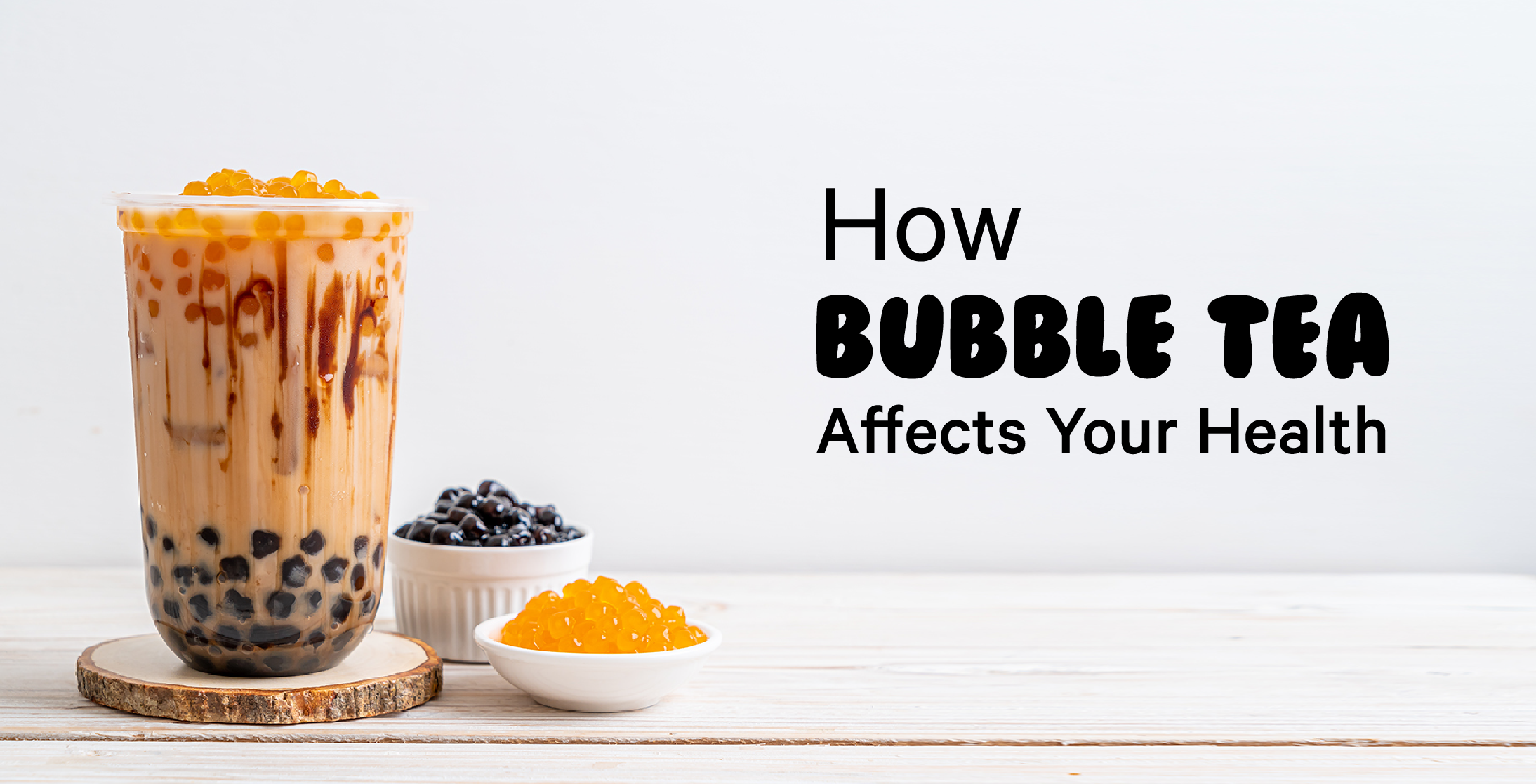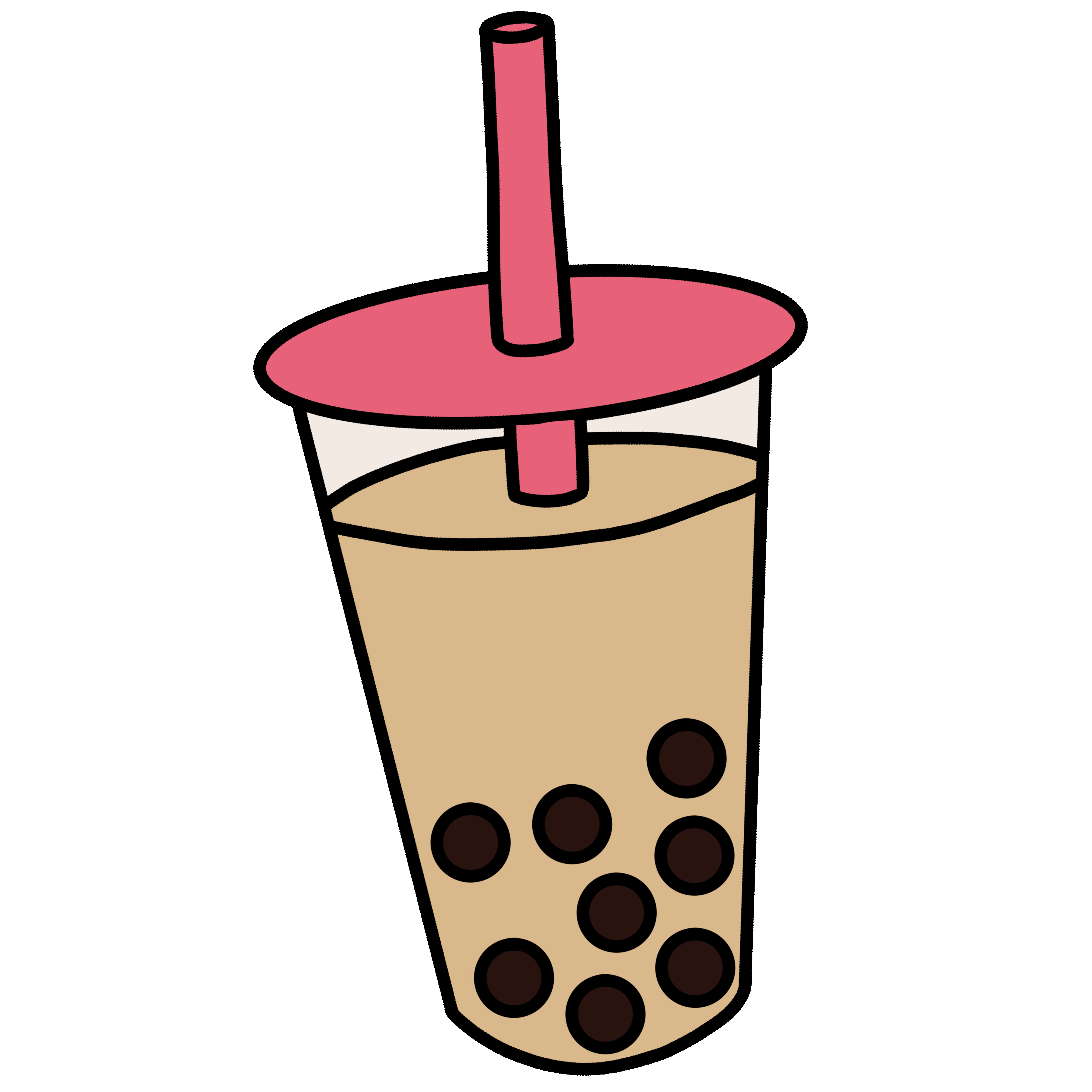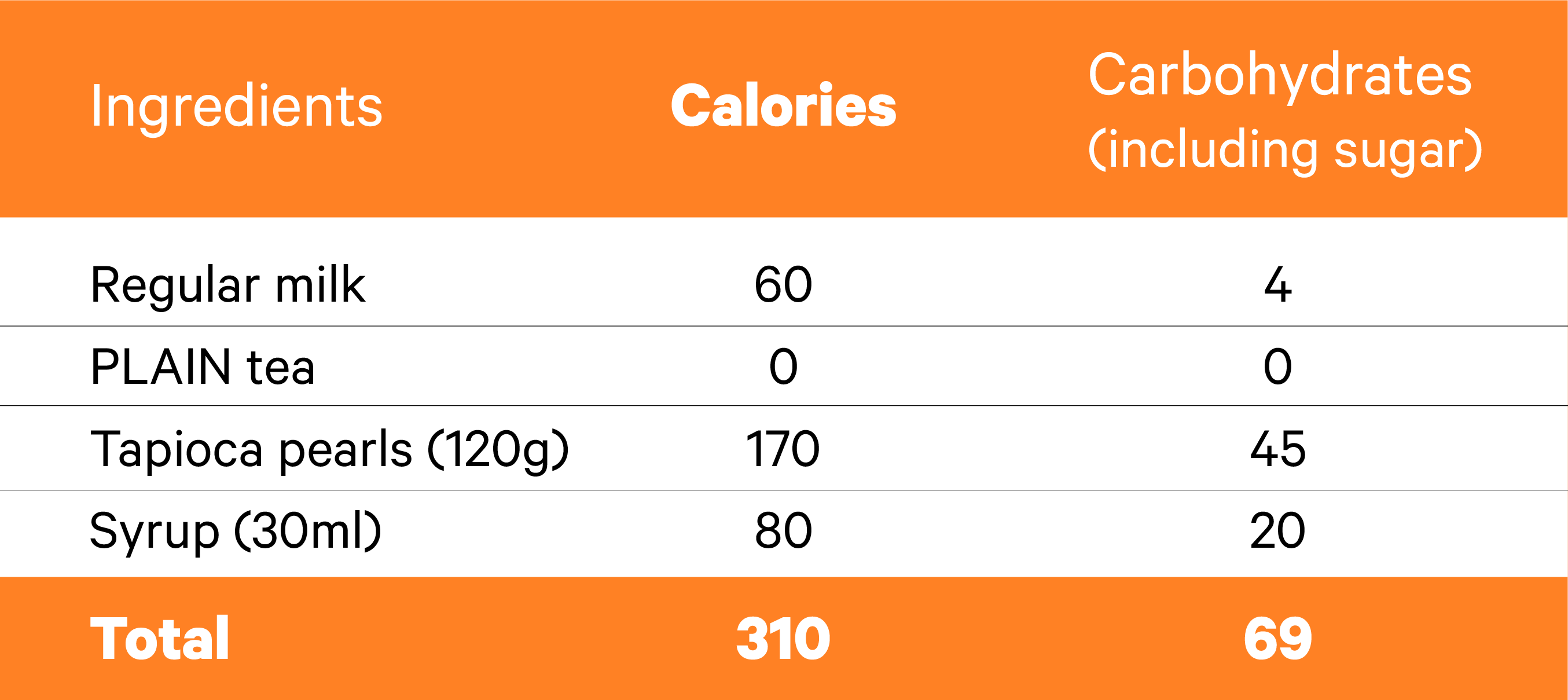Back to list
2020-09-27 14:31:51

Around the globe, boba tea has gained in popularity
over the past 20 years. In China, bubble tea is now part of a new way to consume
tea amongst young adults and teenagers, less prone to drink plain green or
black tea. However, many experts are now
concerned about the poor health benefits of over-sweetened boba. Although
it includes "tea”, this doesn't mean you should be drinking boba tea on a daily
basis.

Katrin
Lee, clinical dietitians at Jiahui Health and
her colleague Melody, accepted to answer our questions and give some recommendations
to all the boba-fans out here.
Is drinking milk tea
healthy?
Typically, if milk tea is only made
of fresh milk and fresh tea, it is relatively healthy. Black tea and
green tea are rich sources of antioxidant called polyphenols. Milk naturally is
a good source of protein and calcium.
However, many milk tea selling on market
nowadays are made of artificial milk or
tea flavouring. Milk flavouring is usually non-dairy creamer, which may
contain trans-fat in the form of
partially hydrogenated vegetable oil and may increase cardiovascular disease risk.
Tea flavouring are usually syrup or
sweetener which adds additional sugar to the tea.
The World Health Organization’s recommended daily intake for trans-fat should
not exceed 2.2 grams. Not all non-dairy creamer contains trans-fat, but we as
customer, we cannot verify what ingredients being used by the merchant most of
the time.
Excess of sugar can lead to excess in
calorie intake which can contribute to weight
gain over time, as well as increase risk of obesity, heart disease and
diabetes.

What
about the bubble?
The soul of bubble tea — “Pearls”, made of tapioca flour and water, take
up 1/3 cup of the tea and are sometimes the main calorie source of bubble tea.
Tapioca flour is made from cassava root, which are mainly carbohydrates without much other macro and micronutrients.
The
tapioca pearls are so chewy and sticky because tapioca flour contains more
amylopectin than starch. Original tapioca
pearls were white and translucent when they were invented in 1980s. Then black
tapioca pearls were created by adding black sugar.
Nowadays, black food colouring is used commonly for
the pearls as real black sugar can be costly. Food additives or other food
chemicals may be used to maintain longer shelf-life and better appearance for
the pearls.
So
are there any benefits?
The nutritional value of bubble tea is imbalanced
and poor, especially when one is not sure the
quality of ingredients used. In addition, tapioca
pearls are often soaked in sugar syrup after boiled to prevent sticking
together. The longer they soak, the more sugar get absorbed into the pearls.
Imagine the sugar from the milk tea
itself, plus the pearls with syrup… In general, most bubble tea provides high amount of calories, but provide low
nutritional values, hence, we as nutritional experts called these foods or
beverages ‘empty calories’.
However,
if you’re sure about the tapioca made out of pure tapioca without additives or
sweeteners, and you can control the sugar content of the tea and syrup used in
bubble tea, there are some protein and calcium from milk, some health benefits
from plain tea and some nutrients from cassava.
100 grams of cooked cassava provides 27
carbohydrates, 1g fiber, and small amount of thiamine, phosphorus and calcium.
Currently, safety limit determined for this type of foods is unknown.
Here’s a conservative breakdown of average
calorie number, grams of carbohydrate including sugar in 400ml standard milk
tea containing 100ml plain tea (without flavoring or syrup), 150ml regular milk
(not creamer), about 150ml pearls with regular syrup

*If using flavouring, sweetener and
creamer with larger portion size, the calories and sugar content will increase
even more.
Can
I drink bubble tea every day?
You can drink
bubble tea every day, but you should note that Dietary Guidelines for Americans suggest
that one should consume less than 10 percent of calories per day from added
sugar.
Assuming an
adult with 2000 calories needs, your added sugar calories should not exceed 200
calories. So you can easily exceed the
recommended intake of added sugar when you are having a sugary beverage
like bubble tea. Unless you can control the amount of bubble tea consumption
(according to above nutrition assumption) to 200ml, then this might be still
within the acceptable range.
However, if you
are having unknown ingredients in your bubble tea, 200ml bubble can exceed your daily allowance too. If you
are addicted to bubble milk tea and trying to reduce consumption, there are
some healthier tips you may want to use when you order a drink. When placing an order, select less sugar or
no sugar including less flavoured syrup, try to choose fruit tea or pure tea without pearls and milk foam, and pick
a tea house that uses fresh milk and fresh tea.
Thank you Katrin
& Melody!